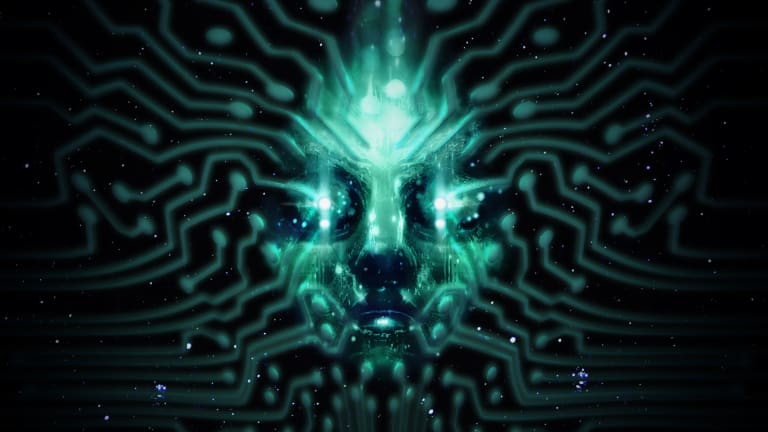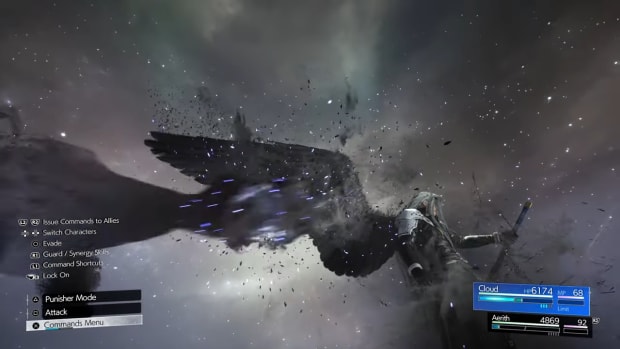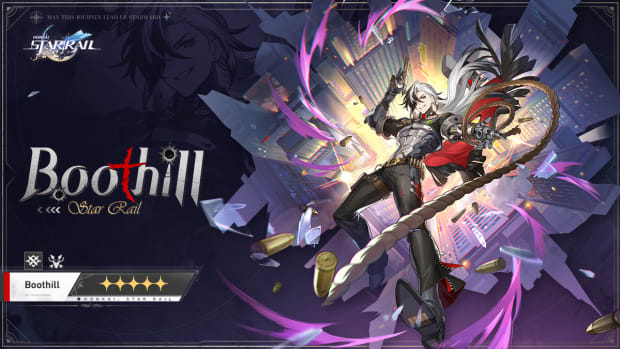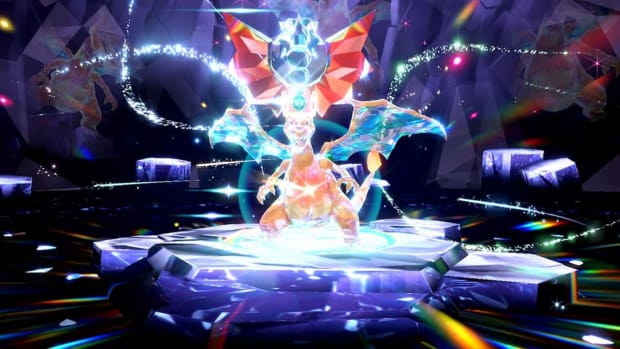
System Shock remake publisher doubles down on AI art

Update [5/4]: We originally credited Nightdive with the post promoting AI art on the System Shock Twitter account. However, we have since learned that publisher Prime Matter was responsible for the tweet and the decision to use AI art moving forward - not Nightdive.
Original Story:
Over the weekend, the official Twitter account for the upcoming System Shock remake posted an image of SHODAN generated by Midjourney AI. It did not go well, with dozens of Twitter users flooding the replies of the post. Now, developer Nightdive seems to be doubling down.
In a series of tweets this week, the System Shock Twitter account defended its decision to post AI-generated art, saying it was all about “starting [a] conversation.” The account said the post was “never about using AI to create artwork instead of using real people,” instead suggesting that it was, essentially, an AI character creating a self portrait with AI.
It then doubled down, saying the company will use more AI-generated artwork in the future for marketing, even saying that it might use AI in other areas, but claimed it would “never be at the expense of using skilled people or their creative talents.”
Nightdive seems to be entirely ignoring the fact that image generation like Midjourney is built entirely on samples of other artists’ work, many of whom did not consent to their artwork being used to train AI. Image generators literally take little bits and pieces of those works in their training sets and stitch them together to create something new — or at least as new as something can be while ripping off others’ work.
The replies to the doubling down tweets were not kind to the sentiment. Many were frustrated by the use of AI rather than simply paying artists to create artwork for marketing, saying that Nightdive was “cheaping out.” Others were appalled that the company would stoop to using AI art that frankly, does not look that great.
“Sacrificing artistic integrity for a marketing gimmick that if you look at it past a passing glance, looks like a mess,” one commenter wrote. Many others said they wouldn’t be buying the game due to the fiasco.
Industry professionals even started weighing in, and they were unsurprisingly also not a fan of the practice. Jordan Mychal Lemos, a senior writer for Gearbox, called out the post, saying that suggesting real artists aren’t hurt by the process was ridiculous.
“What you’re explaining is literally impossible,” Lemos said, “You can’t have AI create art and say it isn’t taking work from real people. You could very easily have those tasks done by people trying to get into the industry or contractors.”
AI art generation has been somewhat of a hot topic in the games industry in the last year, with companies popping up promising AI voice acting, computer-generated writing and prompts, and procedurally generated art. Epic Games CEO Tim Sweeney came under fire late last year over a decision to make all artists’ work on Artstation, which is owned by Epic, automatically entered into AI training databases by default.
The move caused thousands of artists on the platform to revolt, posting hundreds of images aimed at disrupting the usability of the platform in an effort to get Artstation to change its policies to opt-in, rather than opt-out. It doesn’t seem to have worked, though, and many artists have left the platform altogether.
As AI art generation becomes more complex and more available, it's likely we'll see more of these situations pop up. Hopefully, by the time it becomes commonplace, a real conversation about ethics and sustainability takes place. Until then, we'll keep seeing companies try to push the envelope, and we'll keep seeing people push back.



